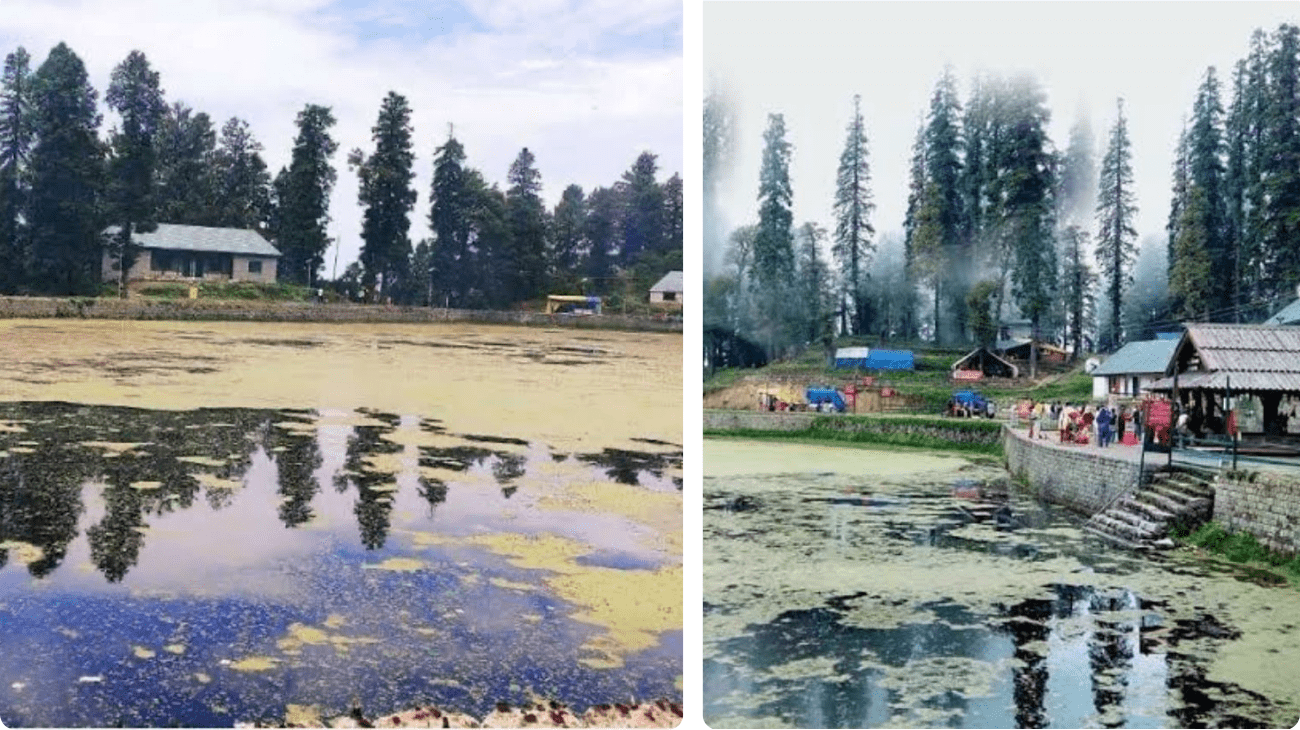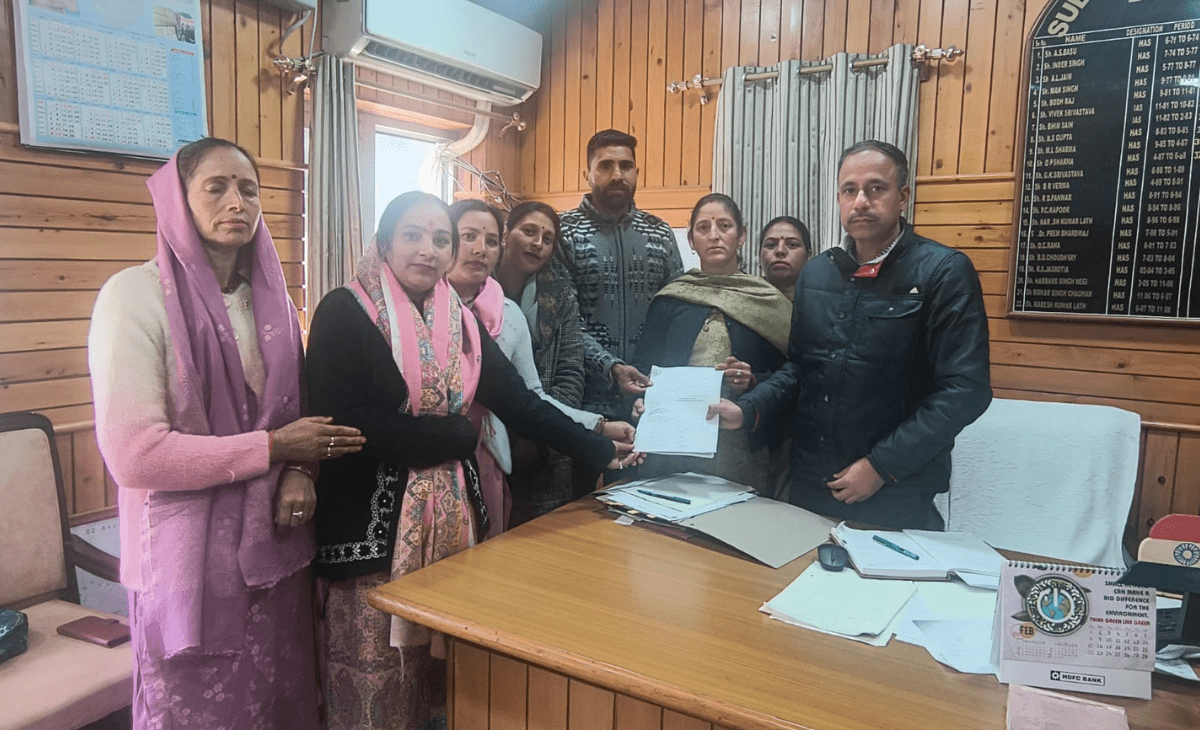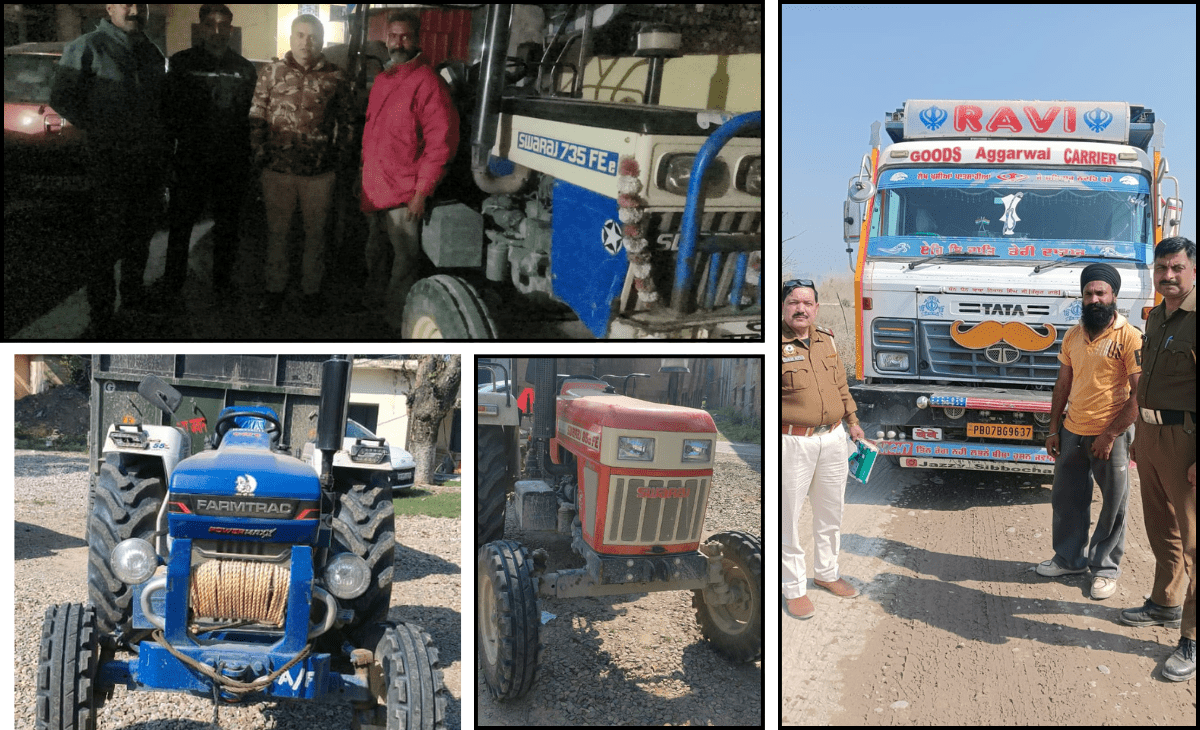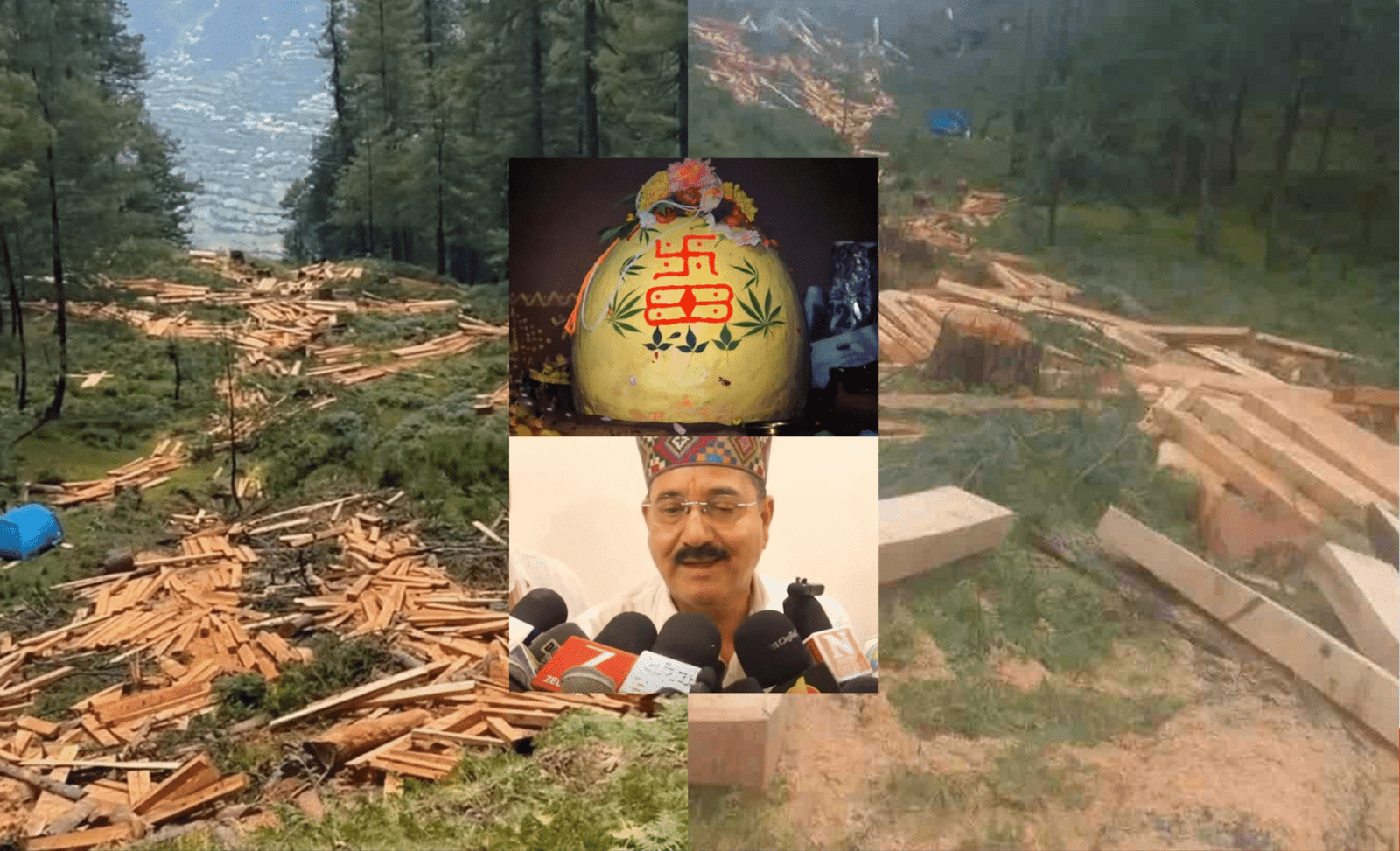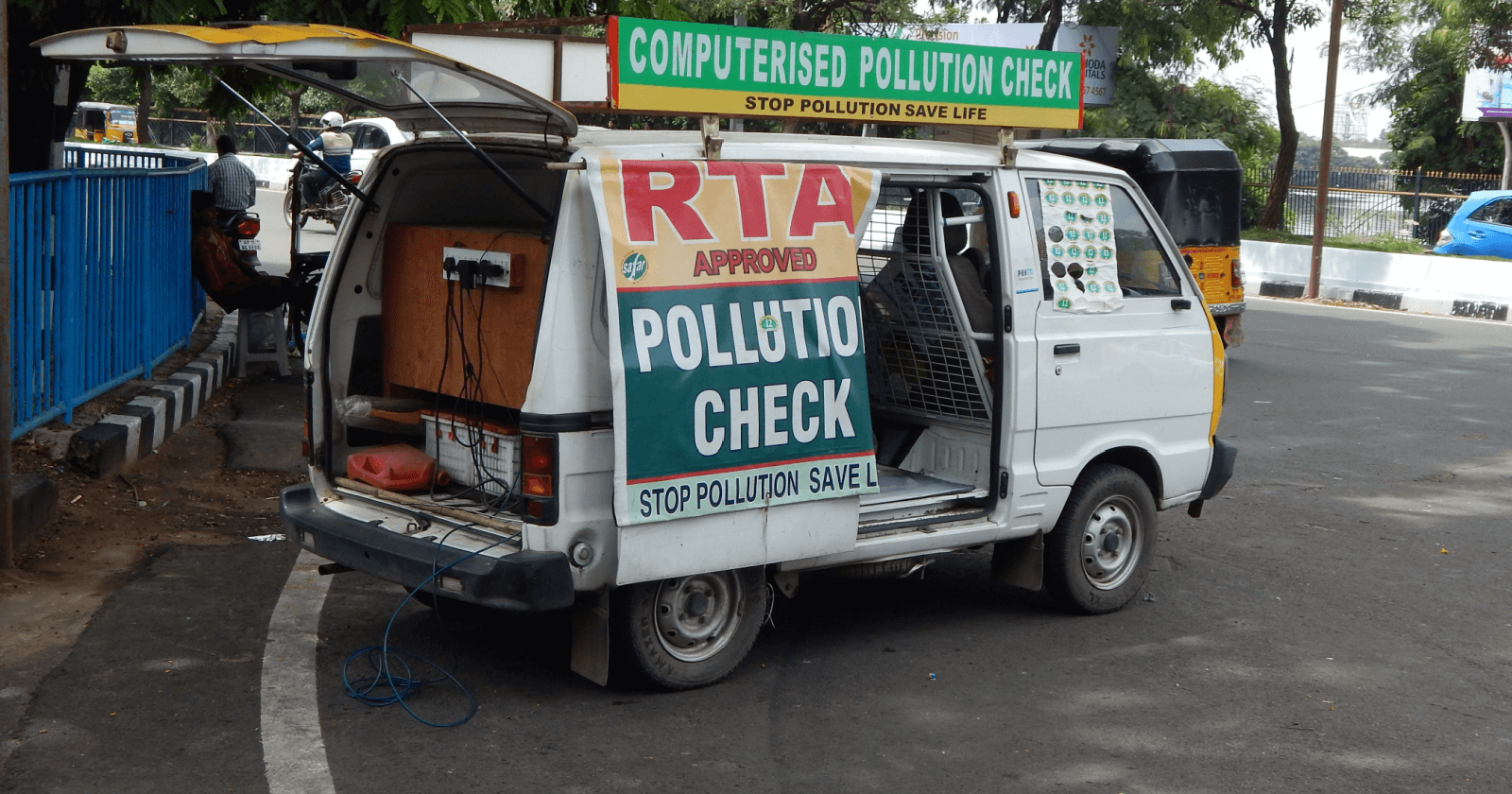MANDI: In a bold and commendable step, the management committee of the highly revered Bada Dev Kamrunag Temple in Mandi district of Himachal Pradesh has announced a penalty of ₹10,000 for anyone found littering or using polythene along the temple route.
This initiative isn’t just about preserving the spiritual purity of the sacred site, but a much-needed move in the larger fight against environmental degradation caused by irresponsible tourism.
Kamrunag Temple attracts thousands of devotees every summer. However, the increasing influx of pilgrims has led to rampant littering, with plastic bottles, food wrappers and polythene choking the once-pristine paths and threatening the area’s rich biodiversity.
To counter this, the temple committee has deployed local youth to monitor the area, supported by the forest department and drone surveillance. Signboards have been installed along the route, appealing to devotees to carry their waste back and maintain the sanctity of the site.

“Dev Kamrunag is not just a spiritual destination, but an ecological treasure. Disrespecting it with garbage is an insult to both nature and faith,” said Devi Singh, the temple’s ‘gur’ (priest).
State too steps in, now dustbins mandatory in vehicles
This initiative by the Kamrunag temple committee aligns perfectly with the Himachal Pradesh government’s recent order mandating the presence of dustbins in all vehicles travelling within the state.
The step has been taken to ensure that tourists and locals alike do not discard waste irresponsibly along highways and hill roads, an increasing concern in recent years.
Both these actions, one by a local religious committee and the other by the state government, reflect a growing realisation: environmental protection is no longer optional.
Model for all panchayats, religious bodies
The Kamrunag model must serve as an eye-opener for panchayats, temple trusts and local governance bodies across Himachal and other hill states, said an environmentalist.
“Too many eco-sensitive tourist and pilgrimage spots are being damaged due to neglect, lack of enforcement and casual attitudes toward cleanliness. Strong penalties, awareness drives and active community participation, just like in Kamrunag, are the need of the hour,” he said.
Munish Sood


